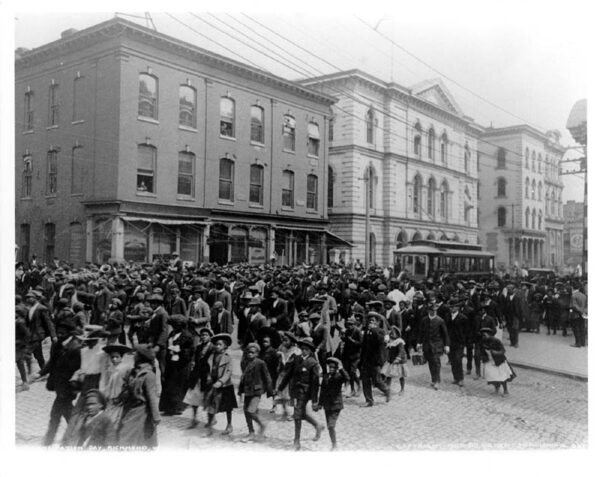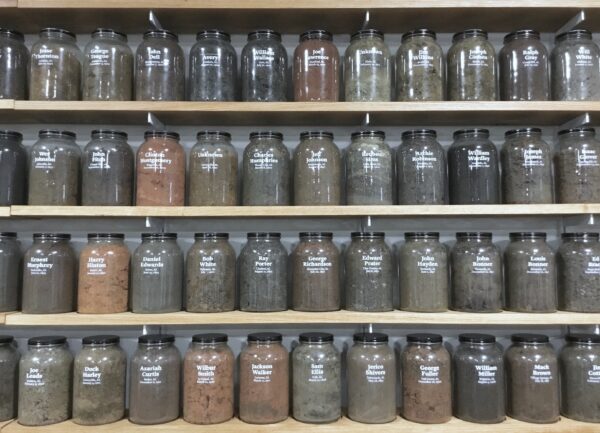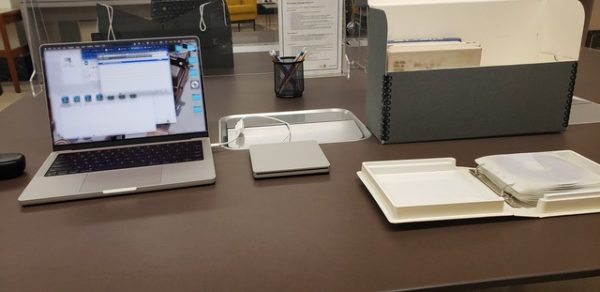Themes
The Afterlives of Slavery and Colonialism

Emancipation Day, Richmond VA, 1905. Copyright by Detroit Publishing Company.
Scholarship on slavery and colonialism is often divided conceptually, following a regional chasm that emerged in the academy between Africanist and Black Studies scholars since at least the 1970s. Atlantic slavery is often posited as the key explanatory event for Black Studies, while for Africanists, the era of European colonialism occupies an analogous place as the precipating event for many interpretive studies. Nevertheless, whatever their regional or temporal focus, scholars working on aspects of African and African-descended populations face similar problems with respect to the problems of the archive, archival legacies for racialized and marginalized populations and of archival practice as method. The research topics and events in this theme encourage participants to place research questions into a more comparative perspective, and to learn from parallel debates unfolding in discrete regions.
Black Ecologies and Placemaking

Soil archives at National Museum of Peace and Justice, Montgomery, AL.
Here we take up the conceptualization of the ground—from the soil to the atmosphere—as an archive of past and present African and African diaspora lived experiences, as well as a portal to future possibilities. Taking cues from the Legacy Museum’s use of soil collected from lynching sites across America to memorialize the tragic lynching of Americans of African descent, this theme is grounded in the present by taking up questions on food geographies, the ecology of slavery, the meanings, uses, and the (re) circulations of bio-masses as productive spaces. We will explore knowledge producing and storing technologies related to place, such as Geographic Information Systems (GIS), and how digital humanities can build cartographic narratives and other ways of knowing.
Technology, Afrofuturism, and Black Speculative Practices

This theme is concerned with the ways futures are envisioned and made, and the roles of technology, digital humanities, and archival systems for Black peoples in the future. We first examine how digital archives of Black lives are created and accessed intentionally and unintentionally, with and without consent. We investigate the problems and ethics of digital humanities archives, while also celebrating their creative and world-building potentials. Here we will link to Afrofuturism and black speculative practices as models for productive engagement with systems of archive and memory, temporality, and future-casting.